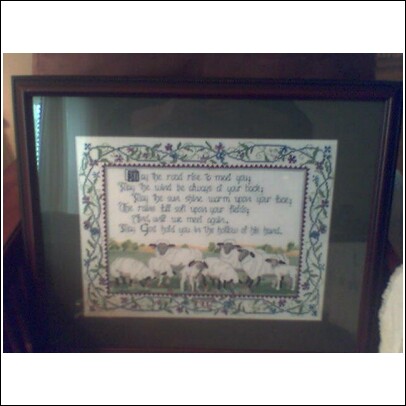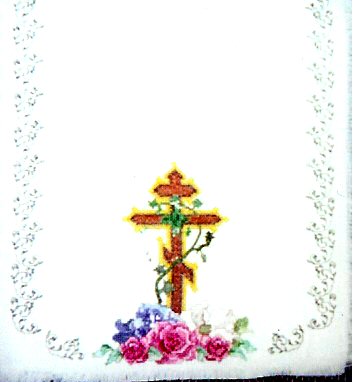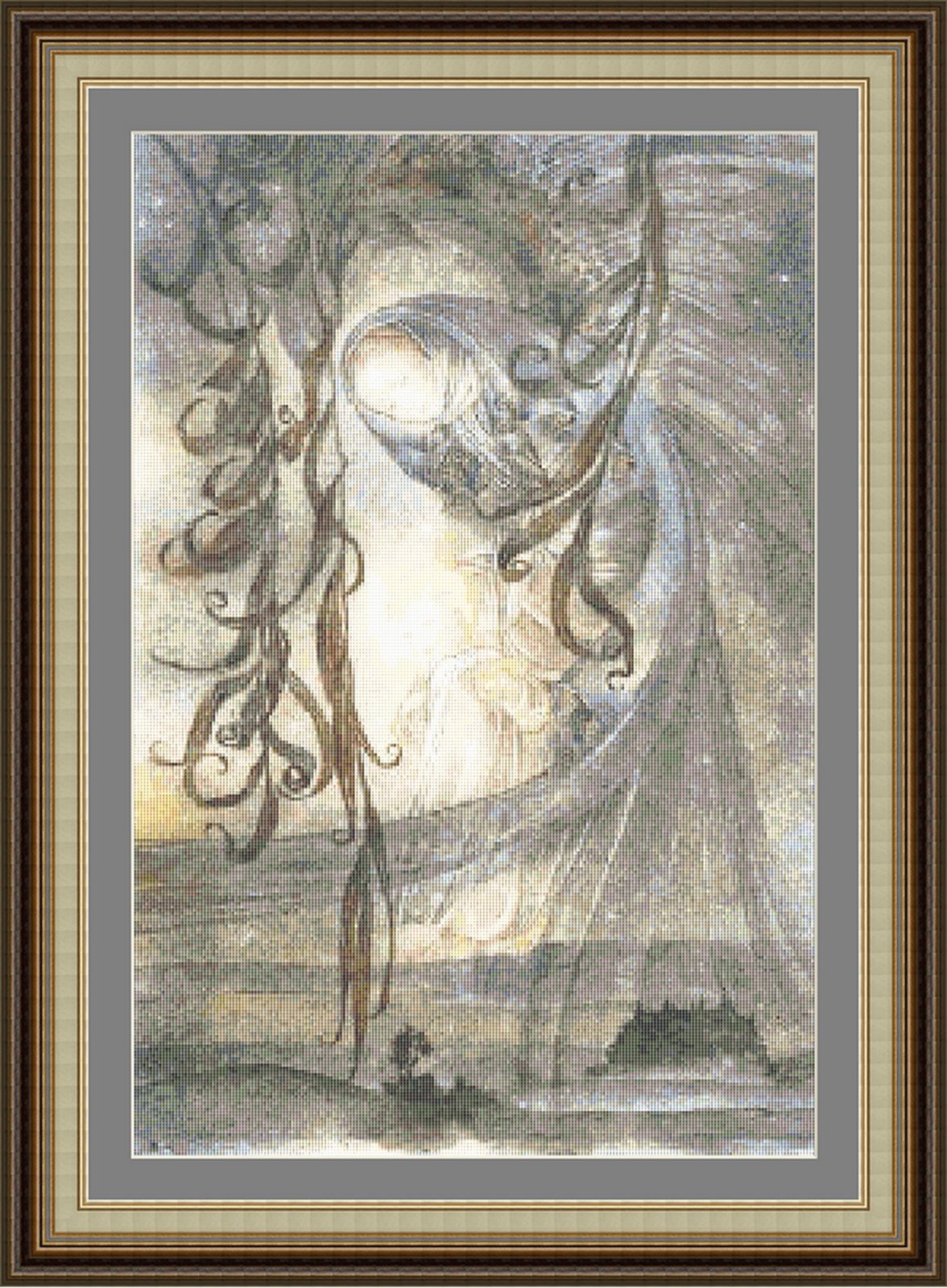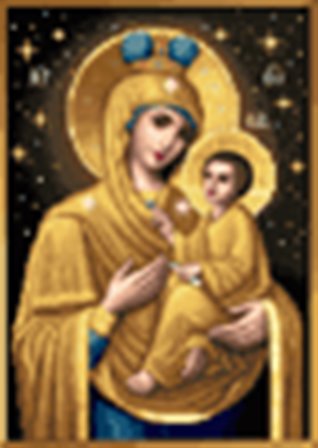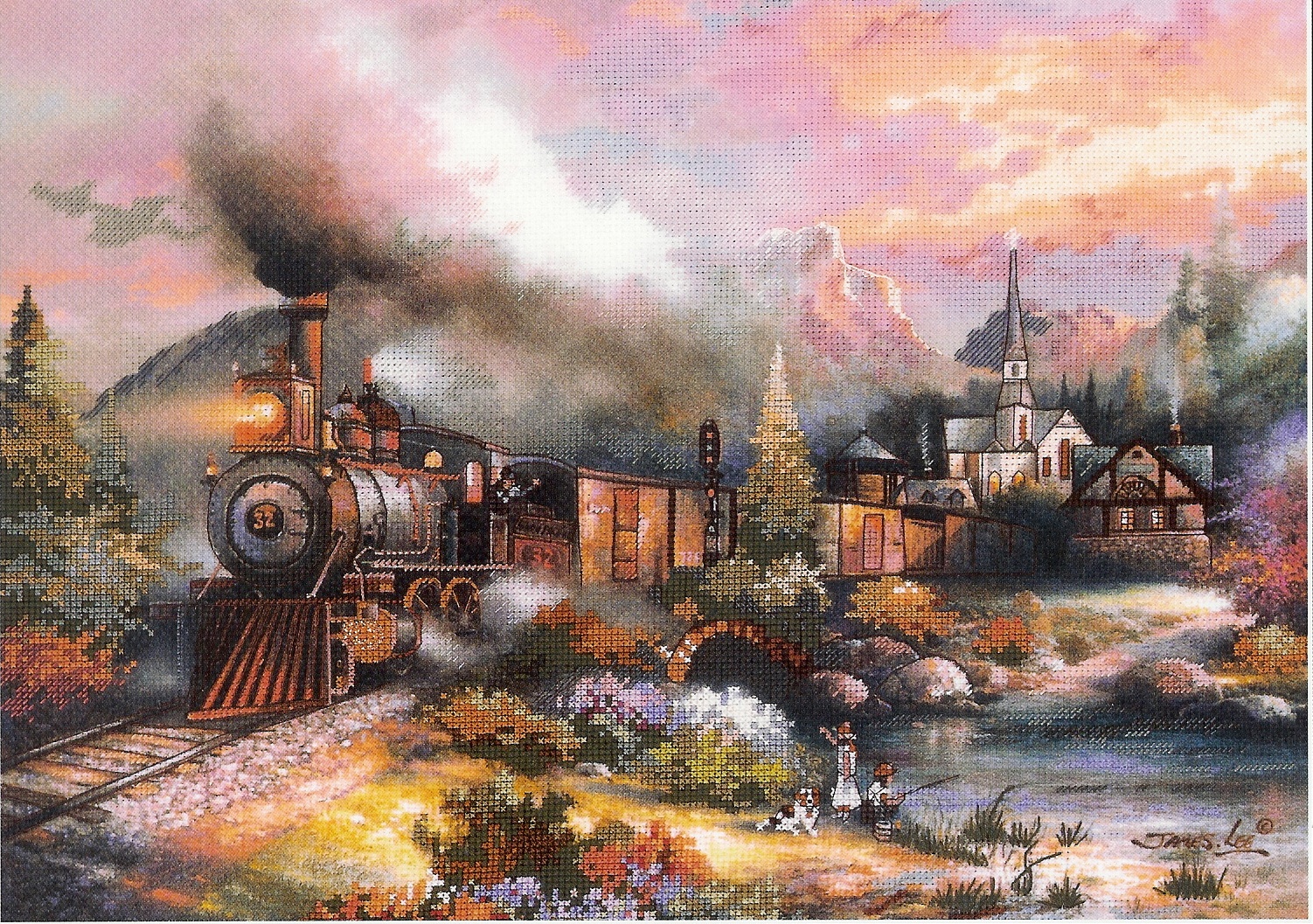
"Dutch uncles" seem to have gone out of style these days, those men who weren't really relatives, but were such close friends of the family that children were encouraged to call them "Uncle So-and-So." Well, Aunt Clara would have been a "Dutch aunt." She lived next door to us when I was a kid, she and her husband and her father-in-law. She had two sons, too, but one was in high school when we moved there, and one was in the Navy; and shortly after, the younger son left to do his two years in the Army (there was a draft back then). So she and "Uncle Pete," her husband, and "Old Mr. Brunck," her father-in-law, were left to themselves.
In other words, she was full in the throes of the Empty Nest Syndrome.
I never really liked going over to her house; it was always a mess, very untidy, probably because she spent so much time outside of it. She went shopping a very great deal, and while I don't think any of her purchases were ever extravagant, they certainly kept her from having to confront that empty, quiet house, in a time when women didn't work outside the home, especially German women -- and Aunt Clara and Uncle Pete were emphatically German. I can recall walking into her house on a Sunday morning and smelling Sauerbraten, and it almost made me sick to my stomach -- now, I love Sauerbraten, and German cooking in general.
One of the things Aunt Clara did to try to fill up her time was to start a Girls' Club for the neighborhood girls. There were four of us -- a classmate, two cousins of mine, and me -- and she taught us all how to cross stitch. I don't know if it ever stuck with any of the others, but as for me, every time I pick up a piece of cross stitch, I give thanks to her and for her. She has helped me fill my own empty nest with an activity a lot more productive than shopping.
She did more for me than that, though. I never fully understood her relationship with my mother, or with me for that matter, until one day when the three of us were going shopping, probably for Easter dresses. I was someone who could never do anything right, as far as my mother was concerned, and on this particular occasion she lit into me as soon as the car was in motion -- something about my stockings, or my coat, or some trivial idiocy having to do with my general disregard for haute couture. Suddenly Aunt Clara said, "Eileen," in that tone of voice you use when you're warning someone of something. And my mother stopped cold. Was I floored?! I was sixteen, and that was the first inkling I ever had that anyone actually noticed what a misery my life was, and would actually dare to say something to the chief cause of that misery. Suddenly, for the first time in my life, I had hope. (And now you know why I didn't post anything about my mother on the anniversary of her death in December -- still working on that one.)
As time went on, and her sons came home and got married, Aunt Clara seemed to grow more and more discontent. She would often visit my mother, and while I have no idea what they talked about, it was pretty obvious than Aunt Clara was vastly unhappy. I know that a considerable portion of her time was devoted to complaining about her daughters-in-law! Then Uncle Pete died quite suddenly -- he developed lung cancer, and this being in the days before chemotherapy, he was gone within six months. I remember her saying that at night, she would just pretend that he was away on a fishing trip with his friends, but how far can that take you? Gradually she sank further and further into herself, and one day, after she had stopped answering her telephone, my mother and her sister got in touch with her son and got into the house. They found her still alive, but with a bottle of pills next to her, and she said to my mother, "Eileen, I took Pete's pills"; and a day or so after, she died.
Only a year after that, I was married and living in Germany, and how often I wished she had hung on just a little longer -- it would have been so much fun to write to her and describe what I was seeing, and trade recipes, maybe even speak a little German with her, though I don't know how much she knew. I know that as a staunch Lutheran, she would have appreciated hearing about our visits to Worms and Augsburg, site of the Lutheran Augsburg Confession.
She's someone I keep in my prayers. She was so much more important to me than she ever knew.
